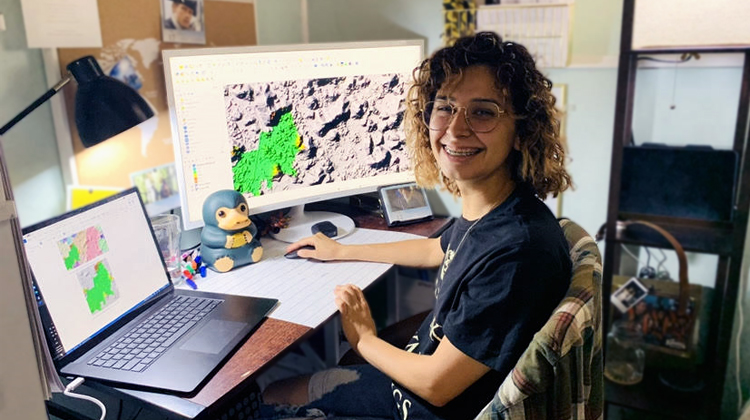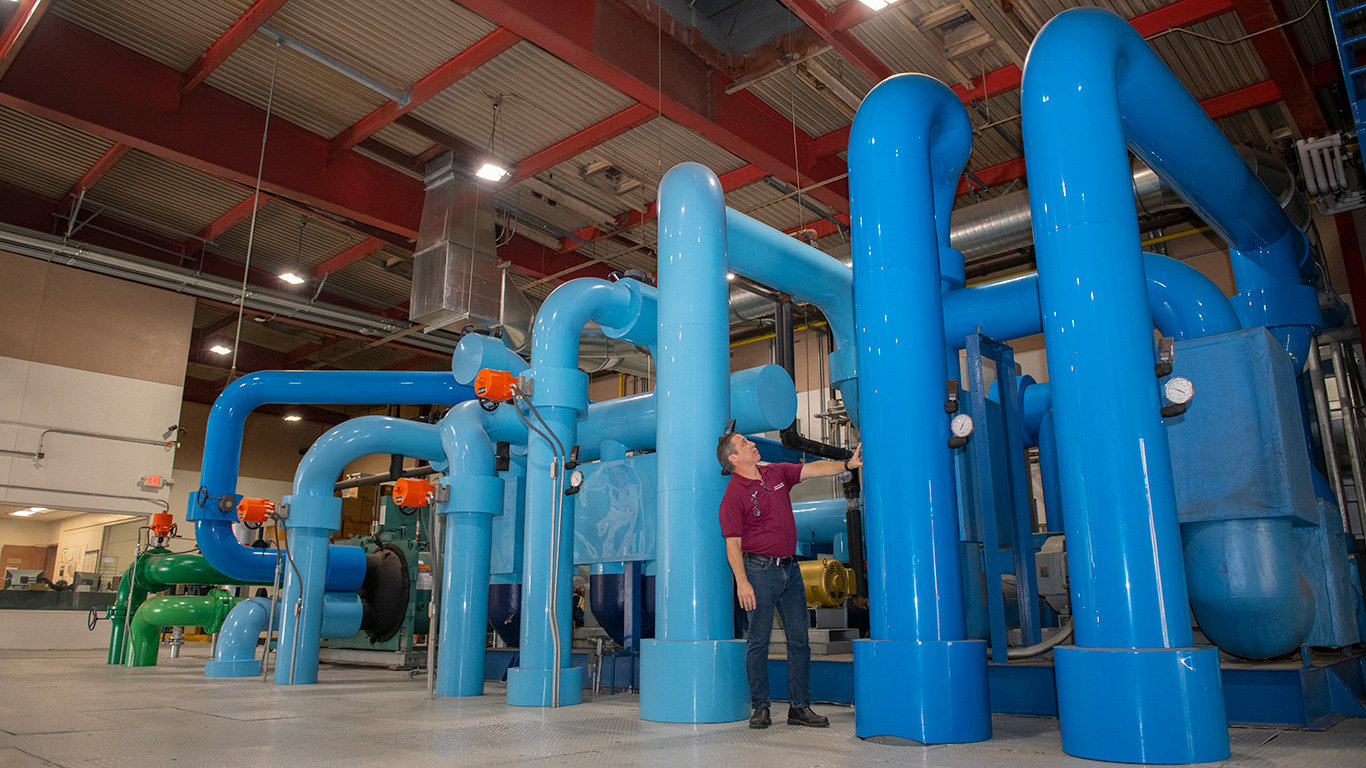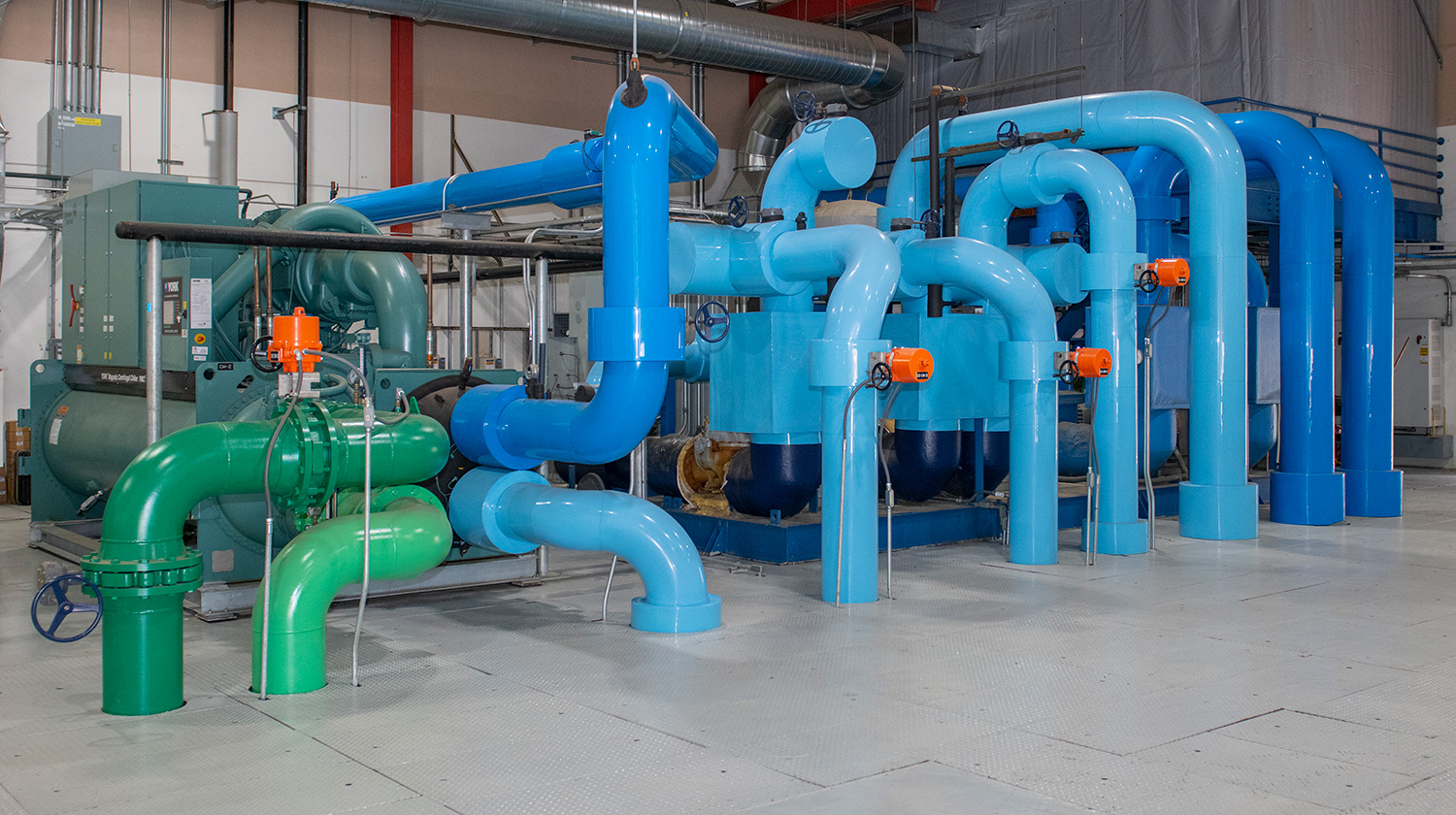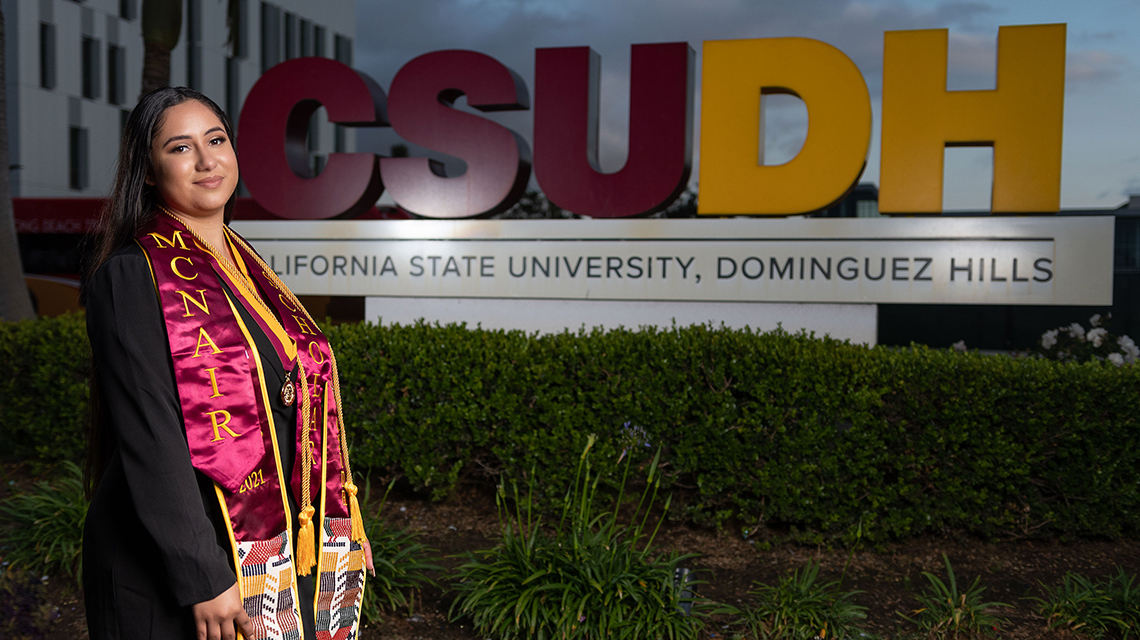Science
-
Campus News

Anthropology Student Rubi Landa Awarded National Science Foundation Fellowship
While the pandemic may have put a damper on anthropology student Yesenia “Rubi” Landa’s plans to travel abroad to research…
-
In The News

Daily Breeze: Cal State Dominguez Hills Earns $1.18 Million for Greenhouse Gas Reduction
Source : Daily Breeze CARSON – Cal State Dominguez Hills has received more than $1.18 million in performance payments for…
-
Campus News

CSUDH Receives $1.18 Million for Successful Reduction of Greenhouse Gases
For its successful efforts in reducing greenhouse gas emissions (GHG), California State University, Dominguez Hills (CSUDH) has received more than…
-
Campus News

A Conversation with Dr. Anthony Fauci
California State University (CSU) Chancellor Timothy P. White hosted a live-streamed conversation with Dr. Anthony Fauci, director of the National…
